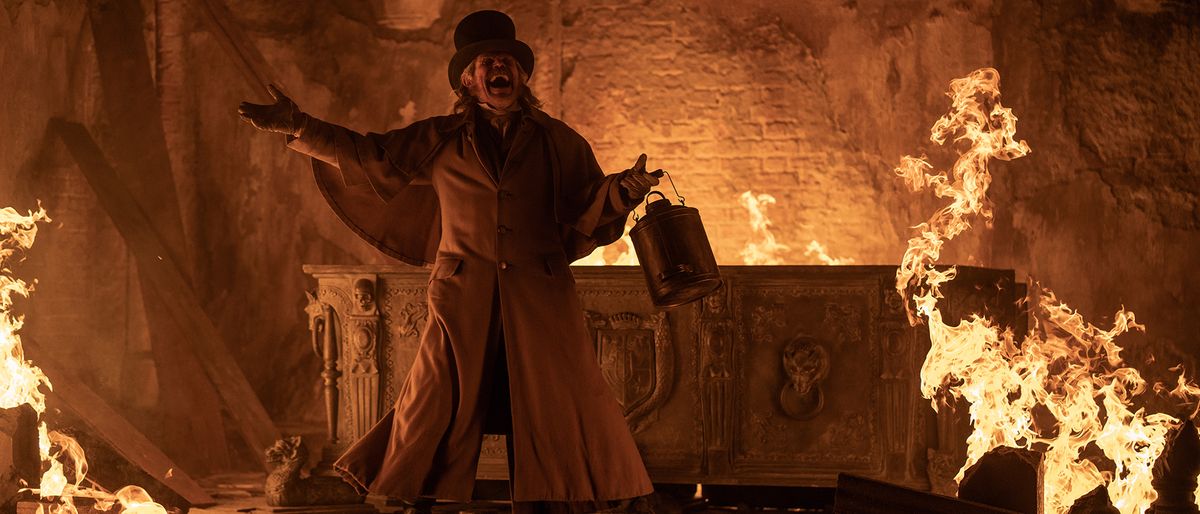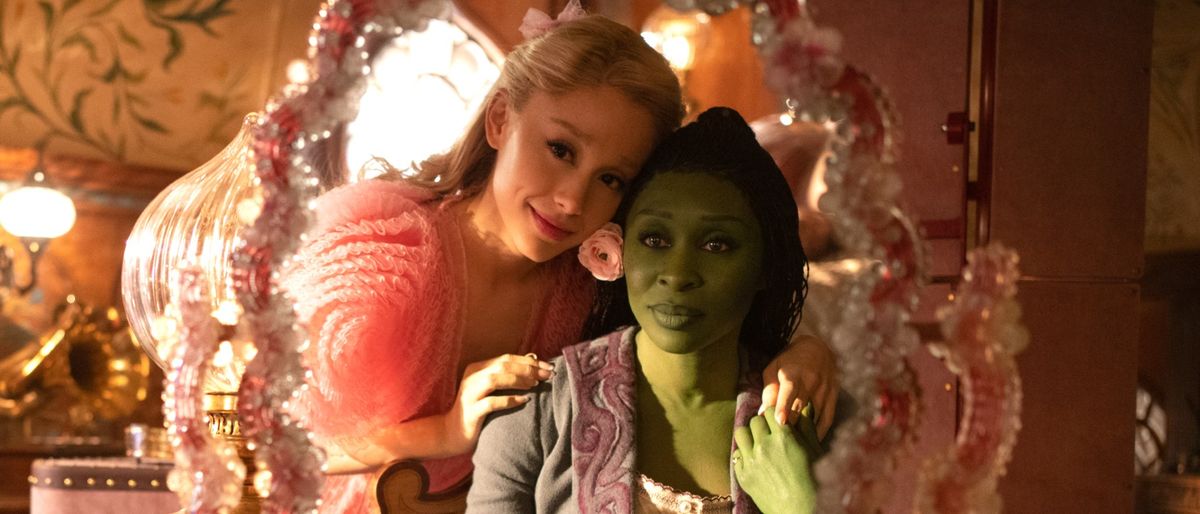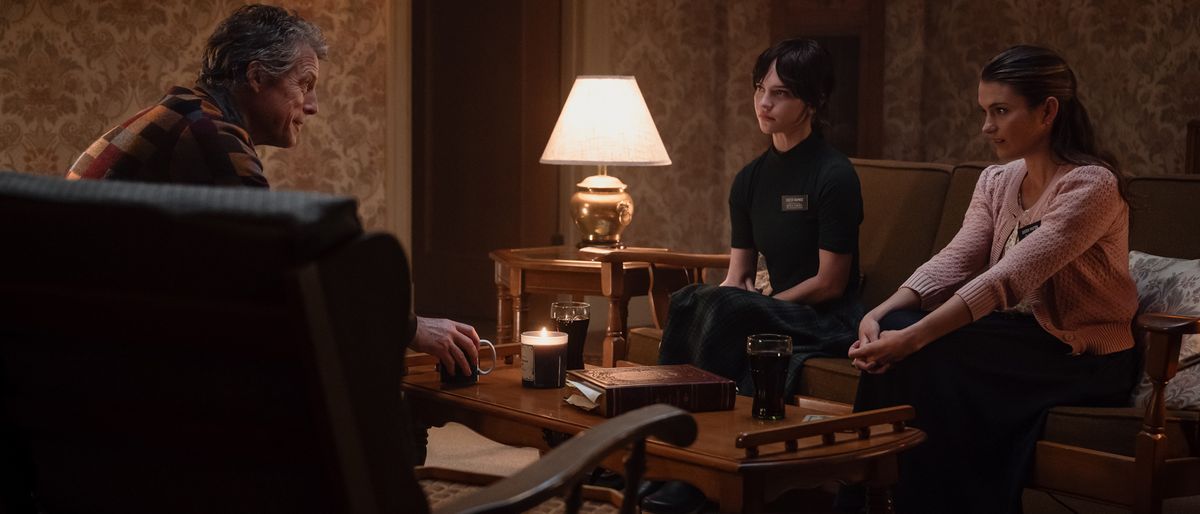
Director Ryan Coogler (Creed) has joined forces with co-screenwriter Joe Robert Cole (American Crime Story) to tackle a groundbreaking Marvel Comics character who first appeared within the July 1966 challenge of Fantastic Four. While holding with the traditions set forth all through the character’s existence, they handle to offer him a powerful facelift for the fashionable period.
After a little bit of backstory on the formation of the nation of Wakanda, together with how the primary Black Panther got here to be, the story jumps to T’Challa (Chadwick Boseman, in an total stellar efficiency) as he prepares to imagine the throne in Wakanda following the loss of life of his father in Captain America: Civil War. This scene singlehandedly establishes the wonder and majesty the Wakandans have managed to create by remaining remoted from the surface world. It additionally acts as a quick primer on the Wakandan tribes and tensions inside. As the story progresses, it connects again to the introductory scenes via a script that’s well-written, though subtly flawed as effectively.
One of probably the most great points of the movie is its capability to painting quite a few robust feminine characters with out forcing them upon you or making them seem to be they’re simply there for the sake of being robust feminine characters. Each of the 4 most important females feels naturally positioned. First, there’s Angela Bassett as Ramonda, T’Challa’s mom, and her elegant grace appears to channel a extra severe model of Madge Sinclair from Coming to America. T’Challa’s sister Shuri (Letitia Wright) is confident, clever, and robust—an ideal mannequin for different 16-year-old ladies. Okoye, fiercely performed by Danai Gurira, holds her personal because the chief of the historically all-female king’s guard. Finally, T’Challa’s former lover Nakia (Lupita Nyong’o) is completely different from so many different romantic pursuits in that she doesn’t want a person to outline her presence—she has presence sufficient of her personal.
Not so well-rounded are the villains. While Andy Serkis provides a strong (if a bit over-the-top) efficiency as Ulysses Klaue, Michael B. Jordan fails to attach as solidly with the viewers within the position of Killmonger—particularly when in comparison with his work in Creed. His efficiency is ok, however there’s something each hurried and drawn-out about his position. It is nearly as if a personality from the 1970s was lifted from the comedian books and positioned within the way more subtle trendy period of writing.
Fortunately, this doesn’t detract from the general story, which blends a coming-of-age story, as T’Challa separates who he’s from the position he owes his individuals, and social consciousness fairly effectively. Usually. There are moments when, in contrast to the feminine characters, the social statements on each side of the fence really feel a bit compelled. By the top of the movie, although, all of it blends collectively into the message that exclusionism of any form will create issues. The a number of layers of exclusionism are subtler than the general message, and this improves the top consequence.
In the top, Black Panther leaves viewers with the sensation that they’ve simply seen 135 minutes of pure comic-book enjoyable, fully well-acted and principally well-written. There are just about no moments when the tempo appears inappropriate, which is uncommon for any film however particularly uncommon in a comic-related one. It will definitely be remembered as one of many higher Avengers-related movies of all the collection.
Source


